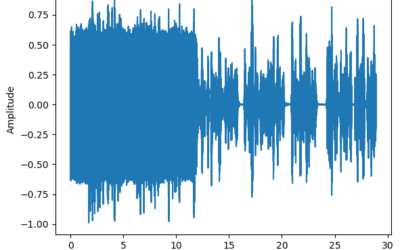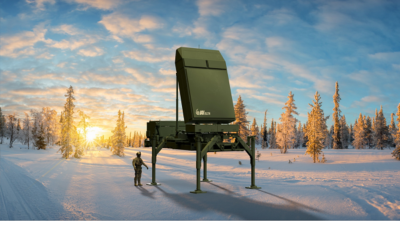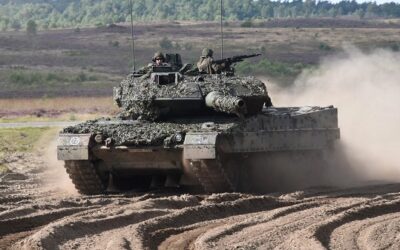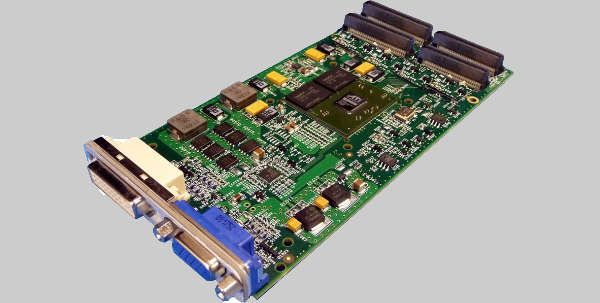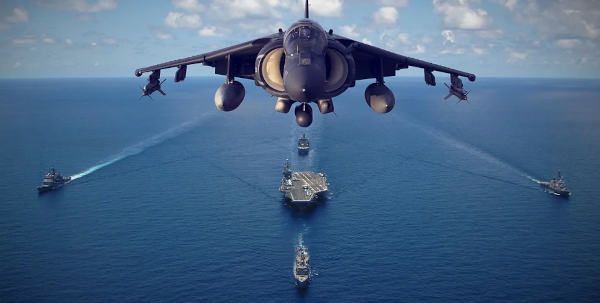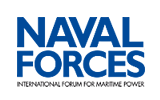US Navy League Sea-Air-Space Exposition Day 1 (9 April 2018) End of Day Report
One of the “finds” for MONCh is the opportunity to gain insights on developments “under the hood” or inside the frame of a weapons platform or system. Todd Alder, CEO and Managing Director of Orbital Corporation Limited, provided one of these occasions, when he addressed propulsion trends in the unmanned air vehicle (UAV) market space.
Balcatta, Western Australia-based Orbital designs and produces complete UAV propulsion systems and flight critical components for military applications, including some at this year’s S-A-S gathering. “Our biggest customer is Insitu-Boeing, and we supply our heavy fuel propulsion system, called the N20, to its ScanEagle Unmanned Air System (UAS) for intelligence, surveillance and reconnaissance (ISR) missions. This engine flew operationally on ScanEagle in US Central Command [Middle East area of responsibility] in December 2017 and has 500 hours of flight on the vehicle. The engine also has about 13,000 hours of lab testing and approximately 1,000 flight hours,” Mr. Alder pointed out.
Orbital has also worked with Textron Systems through the supply of its heavy fuel propulsion systems for Textron’s AEROSONDE small UAS for a pilotless, US Navy drone aircraft, and continues to supply its key combustion system components as part of this programme.
Alder also commented on the strength of this community noting military spending in the UAV market will continue to increase. He pointed out: “In fact, according to Teal, the global military tactical UAV market will grow from U$1.3 billion in 2018 to $1.7 billion in 2022, an increase of 34%.”
Asked for a specific military UAS requirements Orbital is observing, the industry executive responded: “We are seeing tactical UAV propulsion systems facing increasing demands to improve power, weight and reliability. This is in response to longer endurance times required by UAVs for ISR missions, as well as advancements in new communication, sensor and camera technologies being added to the payload of existing systems. This trend is set to continue with a new report by Govini revealing the US federal R&D obligations grew 67.8% over a six-year period to $438.8 million as the Defense Department seeks UAVs with greater autonomous and machine teaming functions.”
Further, the Pentagon has enforced a single fuel policy, using heavy fuels for military applications due to fuel, logistics, defence policy and site safety reasons.
Orbital’s solutions have the unique ability to provide a heavy fuel solution required for military applications. Mr. Alder continued: “Our patented fuel injection system enables advanced spark ignition using heavy fuel with lower fuel consumption compared with gas turbine engines. This differs from conventional direct-injection systems because it injects the fuel at comparatively low pressure and uses air pressure to atomise the mixture as it is delivered to the combustion chamber. This greater fuel efficiency capability extends the flight range of the UAV by up to 40% or enables an increase in the payload.”
Mr. Alder then pointed to its partnership with Insitu-Boeing, for which his team recently designed a lighter and more powerful Mark II N20 propulsion system. “The enhanced system will provide additional capability to the Insitu-Boeing UAV platforms aimed at delivering superior performance, durability and reliability in support of their evolving customers’ requirements,” he added.
Orbital’s propulsion portfolio has found one “sweet spot” in the rapidly evolving UAV community. Indeed, the Corporate Leader emphasised: “Increasing engine performance to address higher payload requirements of UAVs can be achieved with Orbital’s bespoke design and production capabilities. Our experience ranges from the application of fuel injection systems, development of small non-automotive 2-stroke and 4-stroke applications, through to multi-cylinder engines to automotive specification.”
Specifically, the Orbital FlexDI combustion system has been proven across a wide range of engine configuration and performance levels, which means the company can readily provide propulsion solutions to meet the evolving performance and reliability demands of military UAV applications.
Asked to provide the Orbital business roadmap for the next 18 months, Mr. Alder concluded: “As a company, our growth strategy is focused on the rapidly evolving opportunities across the UAV market, and providing solutions to industry trends and challenges. As well as the enhanced Mark II N20 propulsion system we have developed for Insitu-Boeing, we are seeking opportunities to grow our business through targeted acquisitions of high value component players, concentrated within the tactical UAV industry.”
Marty Kauchak

